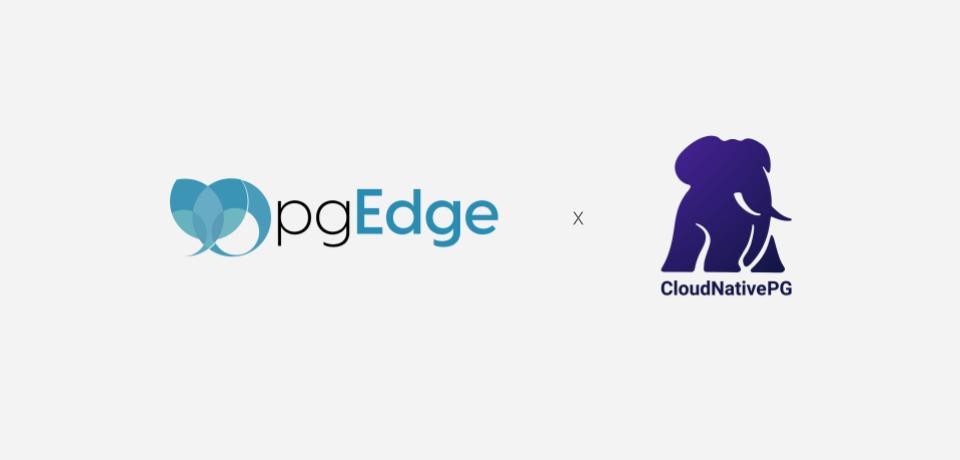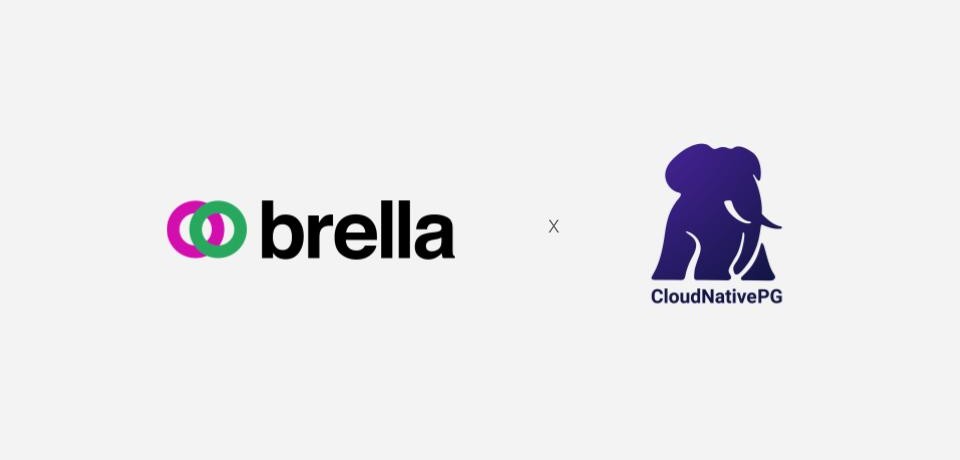CloudNativePG 1.27.0 RC1 Released!
July 29, 2025 • 2 minutes

The CloudNativePG Community is thrilled to announce the first release candidate of CloudNativePG 1.27! This preview release provides an opportunity to explore new features and enhancements before the final version is officially launched. While refinements may still occur, here’s a look at what’s new.
Key Features
Dynamic loading of PostgreSQL extensions
We introduced the .spec.postgresql.extensions field to support mounting
PostgreSQL extensions—packaged as OCI-compliant container images—as read-only,
immutable volumes within instance pods. This enables dynamic extension management
without the need to rebuild base images.
Logical decoding slot synchronization
We added the synchronizeLogicalDecoding field under
spec.replicationSlots.highAvailability to enable
automatic synchronization of logical decoding slots
across high-availability clusters. This ensures seamless continuity for logical
replication subscribers after a publisher failover.
Primary Isolation Check
The liveness pinger, introduced as an experimental feature in 1.26, has
been promoted to stable. A new .spec.probes.liveness.isolationCheck section
enables primary isolation checks in the liveness probe
by default, improving detection and handling of primary connectivity issues in
Kubernetes environments.
There’s More…
Explore other improvements in this release, including:
- An opt-in, experimental feature that enables quorum-based failover to improve safety and data durability during failover events.
- Added support for user maps for predefined users such as
streaming_replica, allowing the use of self-managed client certificates with different Common Names in environments with strict policies or shared CAs. - Added a new
PhaseFailurePluginphase in theCluster statusto improve observability of plugin-related failures.
Dive into the full details in the release notes for 1.27 RC1.
Testing
The stability of each CloudNativePG release relies on the community’s engagement. Testing your workloads with this release candidate helps identify bugs and regressions early.
- View the open issues for the 1.27 release.
- Report bugs directly on GitHub.
Release Timeline
CloudNativePG 1.27 RC1 is the first in a series of release candidates. Additional release candidates may follow as needed before the final release, currently planned for the end of August.
Join the Community
Connect with our community on your preferred platform!
Thank you for your continued support of CloudNativePG. Your contributions help us advance the Kubernetes-native PostgreSQL experience.
Categories in this blog post
All categories
- Alerts
- Applications
- Bake
- Benchmarks
- Blog
- Chaos-Engineering
- Ciclops
- Cloudnativepg
- Cncf
- Cnpg
- Community
- Containers
- Continuous-Delivery
- Continuous-Integration
- Dashboards
- Dba
- Debian
- Devops
- Docker
- Documentation
- Docusaurus
- Extensions
- Failover
- FailoverQuorum
- FDW
- ForeignData
- Github
- Grafana
- Graphql
- Hasura
- Helm
- Hetzner
- Imagecatalog
- Images
- ImageVolume
- Information
- K8s
- Kubectl
- Kubernetes
- Lfx
- Linux
- Litmus
- Maintenance
- Mentorship
- Migrations
- Minecraft
- Modernize
- Open-Source
- Operator
- Pdb
- Performance
- Pg16beta1
- Pgbouncer
- PgTAP
- PGXN
- Pooler
- Postgres
- Postgresql
- Preview
- Programming
- Prometheus
- Rails
- React
- Release
- Ruby
- Service-Mesh
- Spotlight
- Sqitch
- Tablespaces
- Testing
- Tutorial
- UX
- Volumesnapshots







